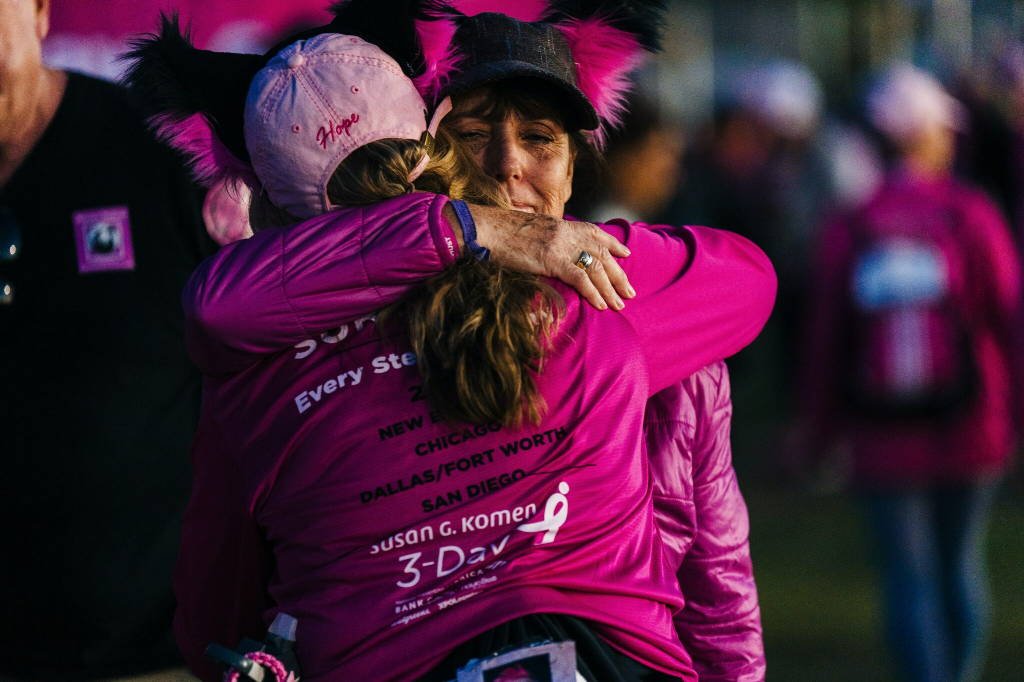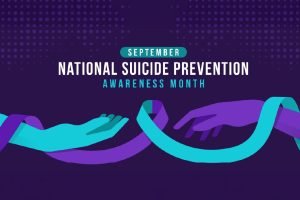Complex post-traumatic stress disorder (CPTSD) impacts not only its victims, but also their loved ones – almost in equal measure. It takes a heavy toll on relationships and family life. It’s also a given that you will be hurt by your loved one’s attempts to distance themselves from you and by their struggle to understand their own behavior.
Your relationship with a sufferer of CPTSD makes you feel as though…
- you have to constantly walk on eggshells;
- you’re living with a stranger; and
- you need to compensate for their distance by taking on a bigger share of the household tasks to working longer hours to provide your loved one the space they need to heal.
Living with someone suffering from CPTSD.
When a caregiver is living with someone who suffering from CPTSD, it’s difficult to not take the symptoms personally. Your loved one’s nervous system is stuck in the fog, in a state of constant alert – making them feel vulnerable and unsafe, and reliving their traumatic experience over and over. This can lead to anger, irritability, depression, mistrust, and other CPTSD symptoms that your loved one can’t simply choose to turn off.
“With the right support from you and other family and friends, though, your loved one’s nervous system can improve.” – Dr. Jamie Huysman.
It’s important to provide social support as it’s common for people with CPTSD to withdraw from family and friends. They often feel ashamed, angry, and frustrated. Knowing how to best show your love and support for someone with CPTSD isn’t always easy. You can’t force your loved one to get better, but you can play a major role in the healing process by simply spending time together.
“Always start where the other person is at, not where you would wish them to be.” – Dr. Jamie Huysman.
Loving and living with someone afflicted by CPTSD can lead us to believe that we need to take care of them. However, we need to acknowledge their adulthood, experiences, and humanity and encourage them to take the lead in their own therapeutic processes. Even people with CPTSD instinctively know what makes them feel calm and safe. It’s important that we let go of our sense of control in efforts to help our loved one regain theirs.
As a caring partner, it is difficult to see a loved one suffering or struggling. You may respond by giving more of your time and energy to help your partner. This is a mistake. Your partner needs to be actively involved in the recovery process; otherwise you will notice changes in your relationship dynamic – from being partners to becoming more like caregiver and patient.
“Partners of trauma survivors need to be there for their partners in times of need, but they also must prioritize and attend to their own needs.” – Dr. Jamie Huysman
Partners of trauma survivors may experience secondary trauma, perhaps with some CPTSD-related symptoms. Without practicing self-care, this partner may feel burned out – both with the partner and towards the relationship. To avoid this, it’s crucial that pertners look after their own mental health through self-care and working with their partner to share responsibilities.
What can you do to manage your stress?
- When you’re calm, relaxed, and focused you will be able to help your loved one.
- Recovery is a process that takes time and can involves setbacks. It’s important to stay positive and maintain support for your loved one.
- Educate yourself about CPTSD, trauma, and codependency. The more you know about the symptoms, effects, and treatment options, the better equipped you’ll be to help your loved one, understand what they are going through, and keep things in perspective.
Accept and expect mixed feelings. As you ride this emotional rollercoaster, be prepared for a complicated mix of feelings – some of which you’ll never want to admit.
Your partner may depend more on you while they’re dealing with the aftermath of the trauma. However, you also have needs and limitations. Set clear boundaries with your partner around how you can help; otherwise, you will find yourself responding passive-aggressively. If you over-give, you will feel angry with and resentful of your partner and the relationship.
It is unfair to your partner and to your relationship to have unrealistic expectations about what healing should look like and how fast it should occur. The reality is that the process looks different for every trauma survivor and their caregiver.
There are affordable resources – such as Codependency Anonymous (CODA.org) – who meet in person and online where you can speak and network with other caregivers. CPTSD Foundation has launched a Trauma-Informed Partners Program that provides tools on how to care for yourself while caring for others.
“Partners of trauma survivors need to engage in self-care and set appropriate boundaries with their partner to prevent burnout, and best help their partner, themselves and their families. Trauma is a fact of life. But it doesn’t, however, have to be a life sentence.” – concludes Dr. Jamie Huysman.







